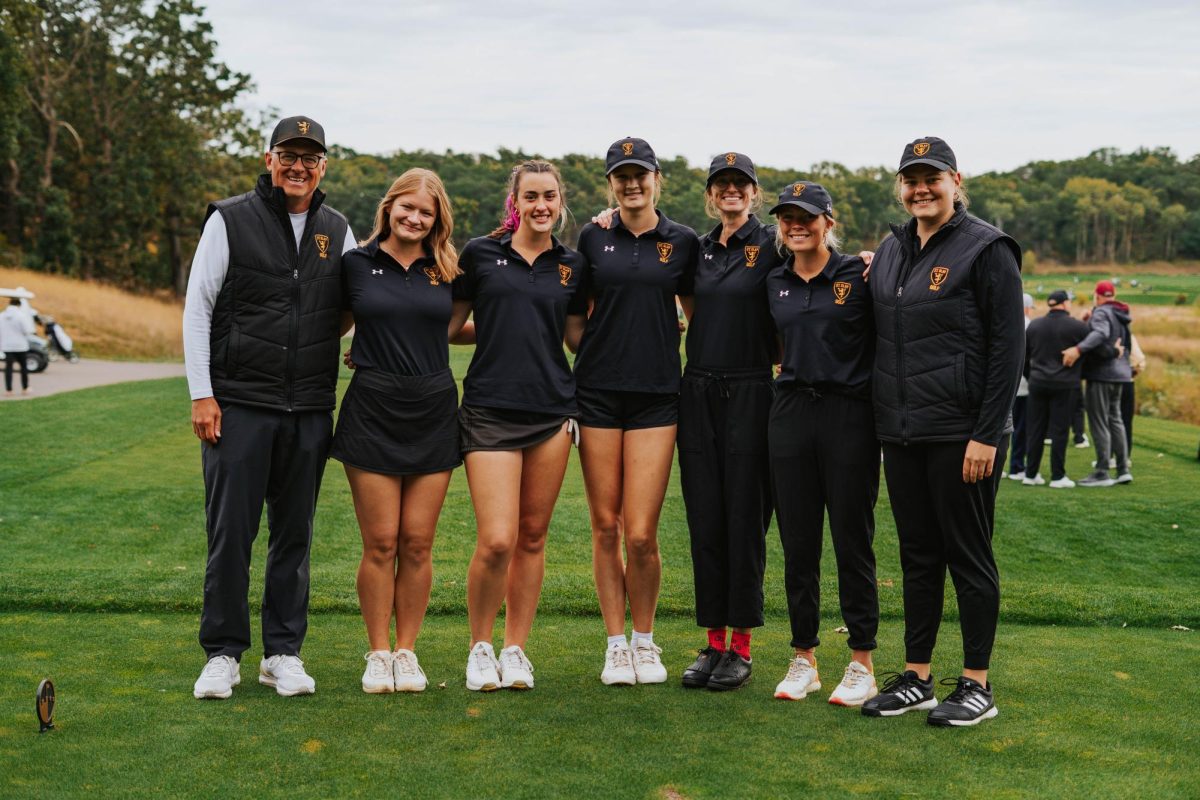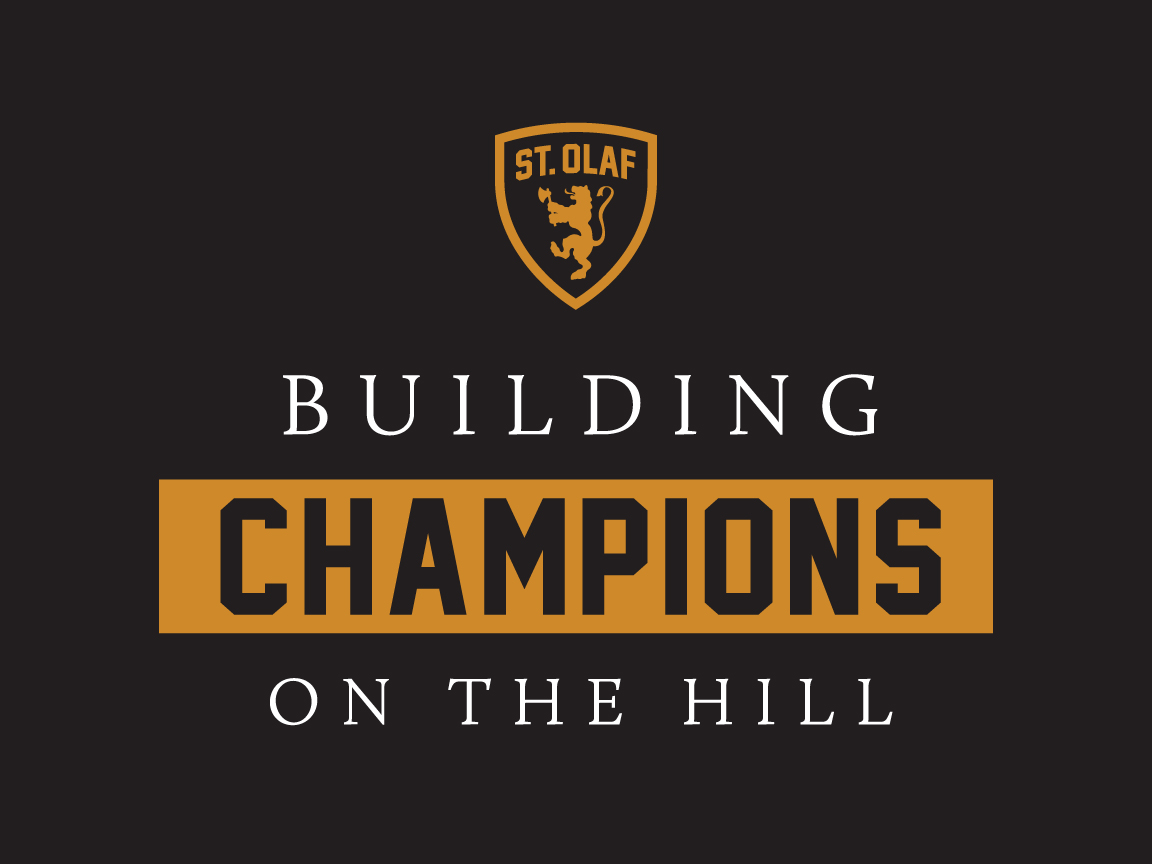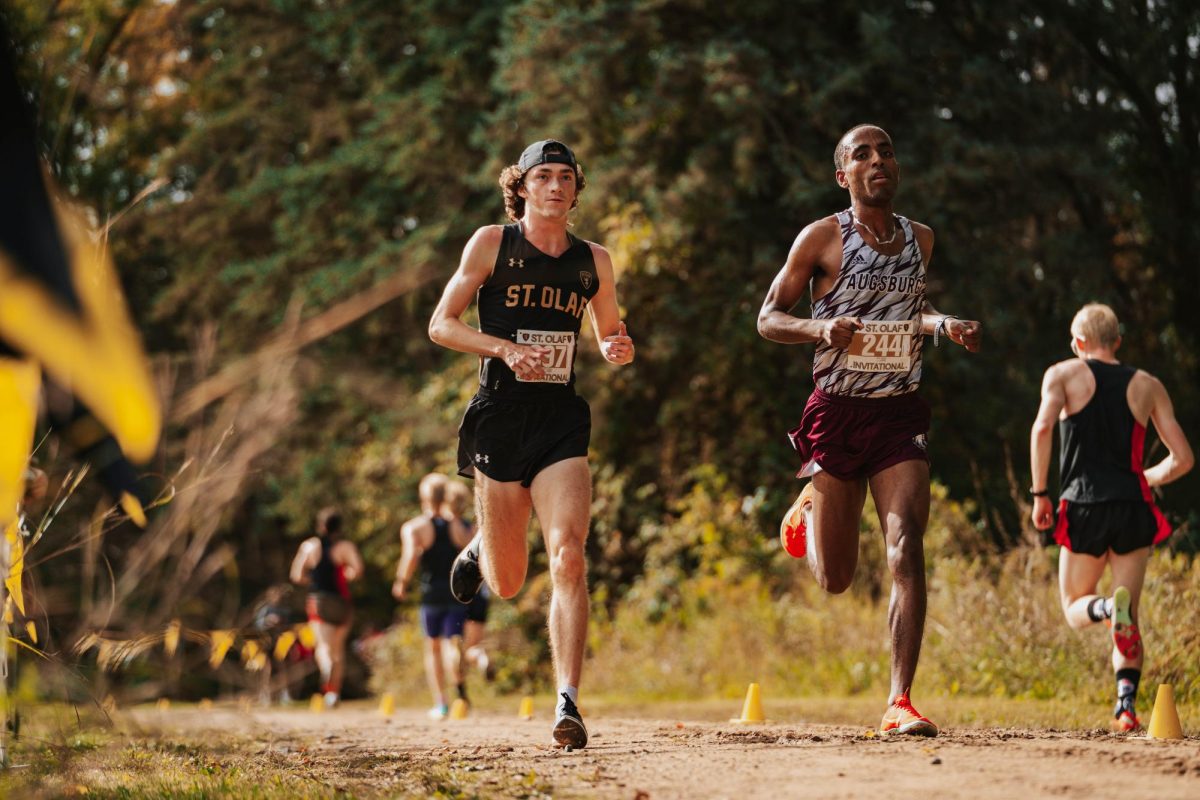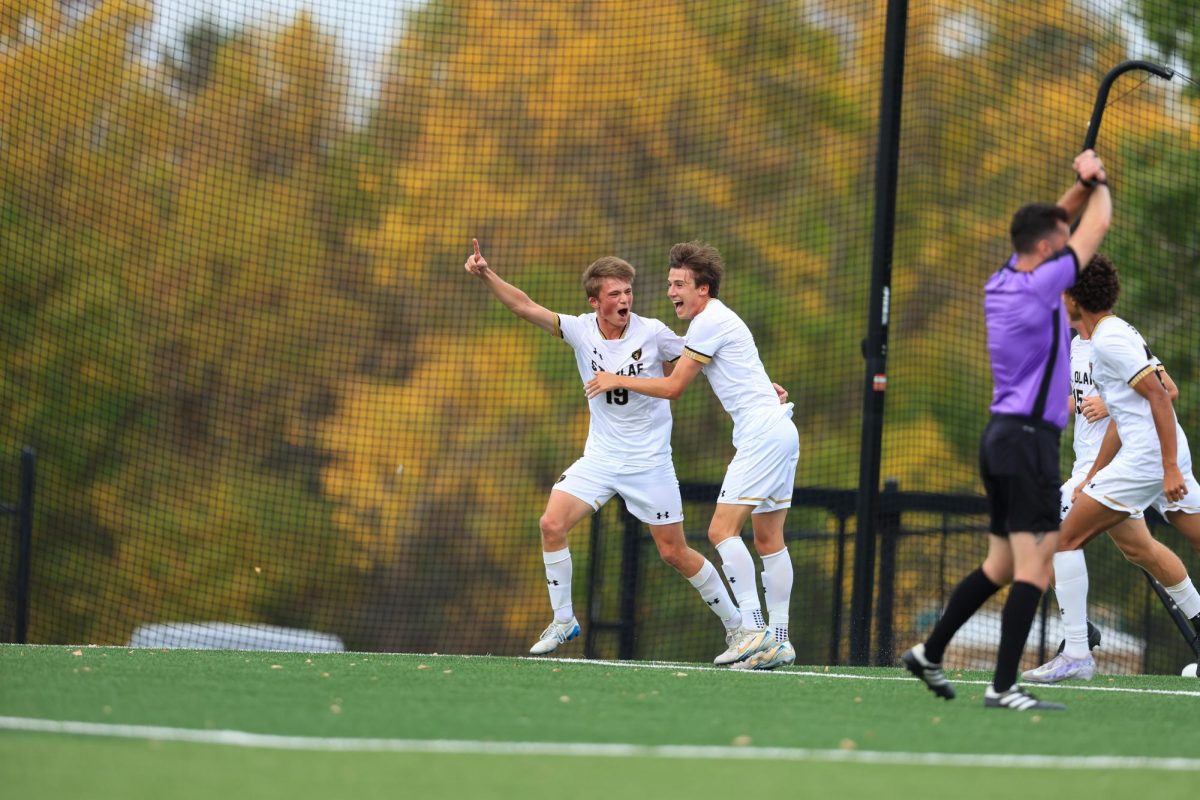In recent times, there has been an uproar in relation to charges filed by a student athlete at the University of North Carolina. The student claims that the institution pushed him into classes that required very little effort and ultimately provided him with a “bunk” education. Staff employed at the school have corroborated the claims that this phenomenon of simplifying college for athletes is an ongoing and fairly pervasive reality.
Arguments regarding this situation are generally centered on two claims: that athletes are favored in the admissions process – as previous academic standing is less heavily weighed than it is for other incoming students – and that, once admitted, athletes are pushed into taking easier classes.
It is not a secret that for many college athletes, academic success does not function as a primary driving force, especially for those that intend to become professional athletes. The image of a meathead jock, partying every night and sleeping through classes until practice starts is a trope so saturated into our popular culture that it no longer requires an explanation in film or television. You see the buff dude with the baseball cap and sleeveless shirt sitting on his frat’s front porch and you know who that character is.
Still, that conception is a sort of mass cultural joke – something that is stretched to the extreme for comedic effect. A college student is a college student, regardless of what brought him or her there, and all college students are entitled to the education they pay for.
Perhaps to broach the issue of educational deprivation for college athletes, it is important to look at the career course of an athlete in the United States. The fact is, if an individual intends to be a professional athlete, it is more or less required to play at the collegiate level before being drafted to a professional team. From this perspective, it is easier to see the justification for a system that requires less of athletes in class. It is possible that some students are only in college as a stepping off point for professional play, and that is the extent of their career plan.
In that case, it seems unfair that those individuals should be forced to receive, and possibly pay for, an education that is outside their fields of interest, and not in line with their future plans. This goal may be shortsighted in a sense, but it is still real. Here, assuming the school is offering a simplified education, the problem is that these easily-achievable degrees will either mean little or work to devalue degrees achieved by students on a more rigorous path.
For those who do not intend to pursue a professional athletic career – those who used their proficiency in a sport to help them get into college to achieve higher education or those who simply play for the experience – this cheapened education is a disservice. Maybe it will provide athletes with more time to exercise or practice, but ultimately it robs them of the education they are presumably at the school to pursue. These students are likely to leave colllege having acquired less knowledge than they should have, considering the time and money they spent on their education.
If a school propagates athletic achievement as its ultimate goal, academics will fall behind, especially for the athletes. This will ultimately cause problems for the school, but more importantly, problems for the students themselves.
Graphic Credit: ERIN KNADLER/MANITOU MESSENGER




